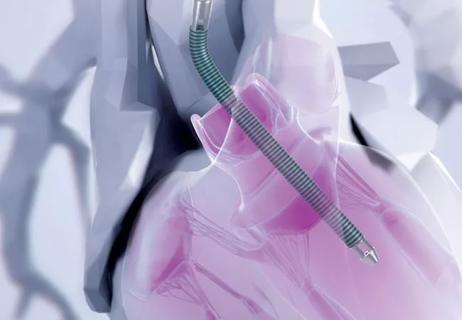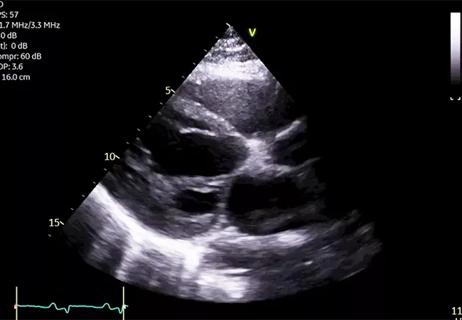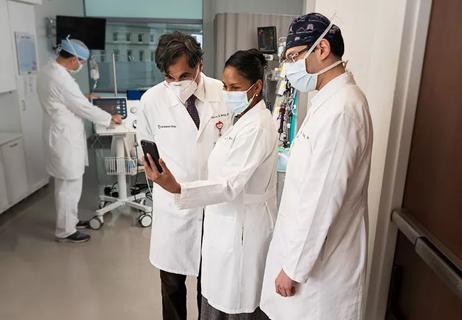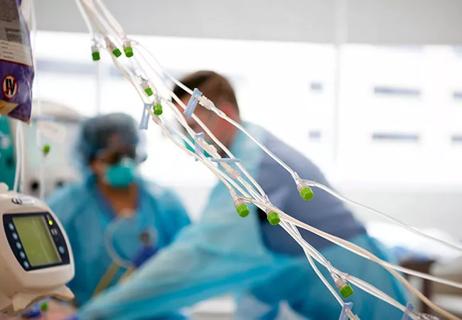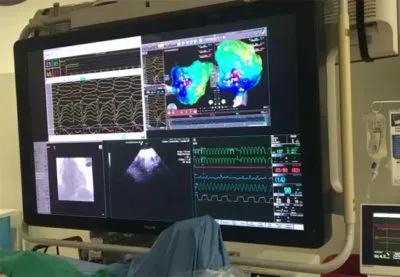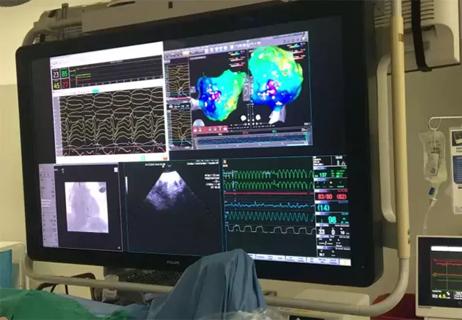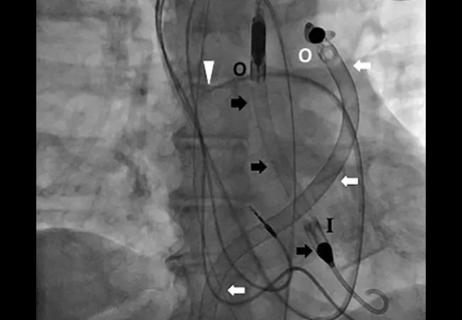Tag debug info: client: {"assets":{},"datasets":{},"live":{},"projects":{},"users":{},"observable":{"assets":{},"datasets":{},"live":{},"projects":{},"users":{}}} Now: 1770554468984 Cache Key: cqdTagPageBySlug:cardiogenic-shock fetchCache[cqdTagPageBySlug:cardiogenic-shock].expirationTime: falsey fetchCache[cqdTagPageBySlug:cardiogenic-shock]. seconds remaining: falsey All fetchCache expiration times: -- Key: cqdNotFoundPage, seconds remaining: 9724 -- Key: cqdTagPageBySlug:accessible-food, seconds remaining: -15855 -- Key: cqdPostsByTag:cqd-migrated-tag-19563,1,10, seconds remaining: -15802 -- Key: cqdTagPageBySlug:ipad, seconds remaining: -15337 -- Key: cqdPostsByTag:cqd-migrated-tag-1330,1,10, seconds remaining: -15286 -- Key: cqdTagPageBySlug:car-t-cell-therapy, seconds remaining: -15247 -- Key: cqdPostsByTag:cqd-migrated-tag-19585,1,10, seconds remaining: -15193 -- Key: cqdTagPageBySlug:neuroprotection, seconds remaining: -14670 -- Key: cqdPostsByTag:cqd-migrated-tag-17571,1,10, seconds remaining: -14626 -- Key: cqdTagPageBySlug:cetp-inhibitor, seconds remaining: -10778 -- Key: cqdPostsByTag:cqd-migrated-tag-3916,1,10, seconds remaining: -10730 -- Key: cqdTagPageBySlug:corneal-haze, seconds remaining: -10495 -- Key: cqdPostsByTag:cqd-migrated-tag-26367,1,10, seconds remaining: -10449 -- Key: cqdTagPageBySlug:deep-venous-thrombosis-dvt, seconds remaining: -10238 -- Key: cqdPostsByTag:cqd-migrated-tag-2444,1,10, seconds remaining: -10168 -- Key: cqdTagPageBySlug:bilateral-hearing-loss, seconds remaining: -9207 -- Key: cqdPostsByTag:cqd-migrated-tag-24043,1,10, seconds remaining: -9157 -- Key: cqdTagPageBySlug:corneal-scarring, seconds remaining: -8242 -- Key: cqdPostsByTag:cqd-migrated-tag-859,1,10, seconds remaining: -8199 -- Key: cqdTagPageBySlug:restrictive-cardiomyopathy, seconds remaining: -7298 -- Key: cqdPostsByTag:cqd-migrated-tag-23733,1,10, seconds remaining: -7261 -- Key: cqdTagPageBySlug:nursing-podcast, seconds remaining: -7056 -- Key: cqdPostsByTag:cqd-migrated-tag-26534,1,10, seconds remaining: -7010 -- Key: cqdTagPageBySlug:zebrafish, seconds remaining: -4956 -- Key: cqdPostsByTag:cqd-migrated-tag-900,1,10, seconds remaining: -4903 -- Key: cqdTagPageBySlug:lung-transplantation, seconds remaining: -4681 -- Key: cqdPostsByTag:cqd-migrated-tag-20253,1,10, seconds remaining: -4615 -- Key: cqdTagPageBySlug:braf-inhibitor, seconds remaining: 714 -- Key: cqdPostsByTag:cqd-migrated-tag-2082,1,10, seconds remaining: 766 -- Key: cqdTagPageBySlug:orchialgia, seconds remaining: 990 -- Key: cqdPostsByTag:cqd-migrated-tag-3468,1,10, seconds remaining: 1038 -- Key: cqdTagPageBySlug:takayasus-arteritis, seconds remaining: 1785 -- Key: cqdPostsByTag:cqd-migrated-tag-609,1,10, seconds remaining: 1831 -- Key: cqdTagPageBySlug:cancer-stem-cells, seconds remaining: 2511 -- Key: cqdPostsByTag:cqd-migrated-tag-18462,1,10, seconds remaining: 2566 -- Key: cqdTagPageBySlug:michal-bahar, seconds remaining: 2797 -- Key: cqdPostsByTag:cqd-migrated-tag-4313,1,10, seconds remaining: 2843 -- Key: cqdTagPageBySlug:christopher-r-roxbury, seconds remaining: 4534 -- Key: cqdPostsByTag:cqd-migrated-tag-18932,1,10, seconds remaining: 4585 -- Key: cqdTagPageBySlug:research-retractions, seconds remaining: 9724 -- Key: cqdPostsByTag:cqd-migrated-tag-20801,1,10, seconds remaining: 9851 conditions: -- false, -- NA, -- NA, -- NA -- false Cache miss for key cqdTagPageBySlug:cardiogenic-shock - retrieving from Sanity CCCache.dataFetchCount: 21543 Cache cleanup seconds remaining: 4145
Advertisement
Advertisement
Transvalvular LVAD support transforms emergency surgery into urgent procedure
Aortic valve replacement is best option for lowering mortality in this high-risk population
Preoperative Impella 5.5 placement can provide a critical safety net for high-risk patients
Young man saved multiple times by rapid collaborative response
Advertisement
Cleveland Clinic is a non-profit academic medical center. Advertising on our site helps support our mission. We do not endorse non-Cleveland Clinic products or services. Policy
Long-overdue guidance now available on readiness to wean and device explant
Questions around the role of mechanical circulatory support loom large
Four-point protocol improves outcomes in high-risk patients, earns award for operational excellence
Cleveland Clinic experience demonstrates viability in a high-risk population
Novel approach allows activation mapping, VT ablation despite cardiogenic shock
Innovative case provides guidance on when to consider this approach
Rendered: Sun Feb 08 2026 12:41:09 GMT+0000 (Coordinated Universal Time)
9500 Euclid Avenue, Cleveland, Ohio 44195 |
800.223.2273 | ©
2026 Cleveland Clinic. All Rights Reserved.


